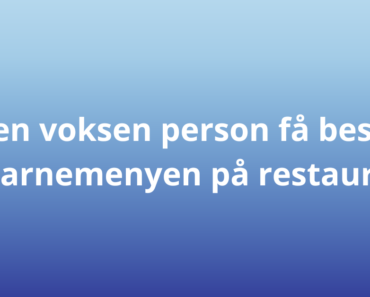Karen, 53, has always had a deep connection to her faith. For her, Christmas is one of the most sacred times of the year, a season of reflection, family togetherness, and devotion to her beliefs.
Each year, she eagerly awaits the start of Advent, when she and her loved ones prepare to celebrate the birth of Jesus. However, in recent years, Karen feels that the true meaning of Christmas is slowly fading away.
«I honestly believe that if you’re not a believer, you shouldn’t be celebrating Christmas,» Karen says firmly. To her, it feels almost disrespectful that the holiday’s spiritual message is being drowned out by consumerism, decorations, and gift-giving.
«You see it everywhere—people who openly say they’re not religious, but they celebrate Christmas like it’s just a cozy holiday about food and presents,» Karen shares. For her, it seems like the essence of Christmas has been lost in all the hustle and sparkle. «Christmas is about the birth of Jesus, not about who has the most extravagant decorations or gives the most expensive gifts.»
Karen often reflects on her own childhood, a time when Christmas had a much deeper meaning in her family. «We always had an Advent wreath with candles and a nativity scene at home,» she recalls. These traditions were a way for her family to prepare for Christmas and show gratitude for its true significance.
«For us, it was always about faith—about celebrating the birth of Christ. Now, it just feels like an excuse for good food or an extra vacation.»
Karen has noticed this trend throughout society. «Even in stores, people are saying ‘Happy Holidays’ instead of ‘Merry Christmas.’ It’s like the story behind Christmas is being erased,» she says, struggling to understand why the religious foundation of the holiday is being sidelined.
For her, it feels disrespectful when the core of such a significant celebration is forgotten. «I have nothing against people of different beliefs,» Karen clarifies, «but Christmas is a Christian holiday. If you don’t believe in its meaning, what are you even celebrating?»
Karen finds it disheartening that Christmas has become so commercialized. «It seems like the message doesn’t matter anymore, and that’s painful,» she says.
She fondly remembers her parents sharing the Christmas story and the joy of celebrating Christ’s birth. «That story is the heart of it all. If you don’t understand that, you’re not truly celebrating Christmas—you’re just enjoying a winter festivity.»
While Karen knows her perspective may not align with everyone’s, she stands firm in her beliefs. «Maybe it sounds old-fashioned, but to me, it’s about the principle.»
«I wouldn’t celebrate a holiday I didn’t understand. Every holiday has a history, and I respect that. I wouldn’t just join in without truly connecting to its meaning,» she explains.
Karen admits she sometimes finds herself in discussions with younger people, who see her views as too rigid. «They tell me Christmas can just be about kindness and spending time together, but that’s not what Christmas is really about.»
What troubles Karen the most is that Christmas should be a time of quiet reflection, but modern celebrations often lack that sense of peace. «Christmas is meant to be a moment for thought and gratitude, not for frantic shopping sprees and endless parties.»
She smiles as she reflects on her family’s Christmas last year. «We keep it simple—just us. We say a prayer, read from the Bible, and that’s enough. No fuss.» Her children sometimes question why their family celebrates differently, but Karen uses these moments to teach them about faith and togetherness.
Although not everyone agrees with her, Karen remains steadfast in her beliefs. «Christmas, to me, is a Christian holiday. I just hope people don’t lose sight of its true meaning.»






